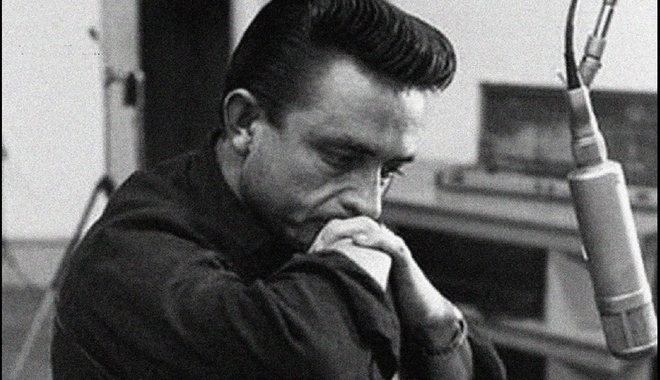What keeps you faithful?
What keeps you faithful? Image: Reverendo Franklin https://www.flickr.com/photos/49083998@N07/5204621989/ Johnny Cash once sang “Because you’re mine, I walk the line.” His song…
Read More
What keeps you faithful? Image: Reverendo Franklin https://www.flickr.com/photos/49083998@N07/5204621989/ Johnny Cash once sang “Because you’re mine, I walk the line.” His song…
Read More